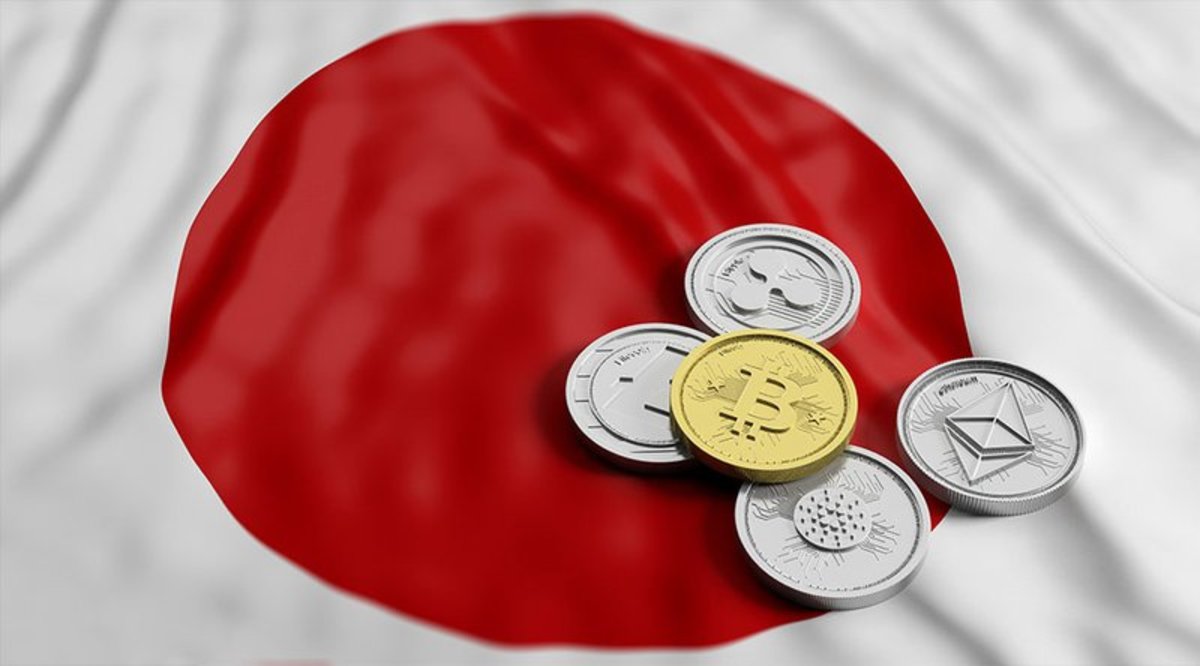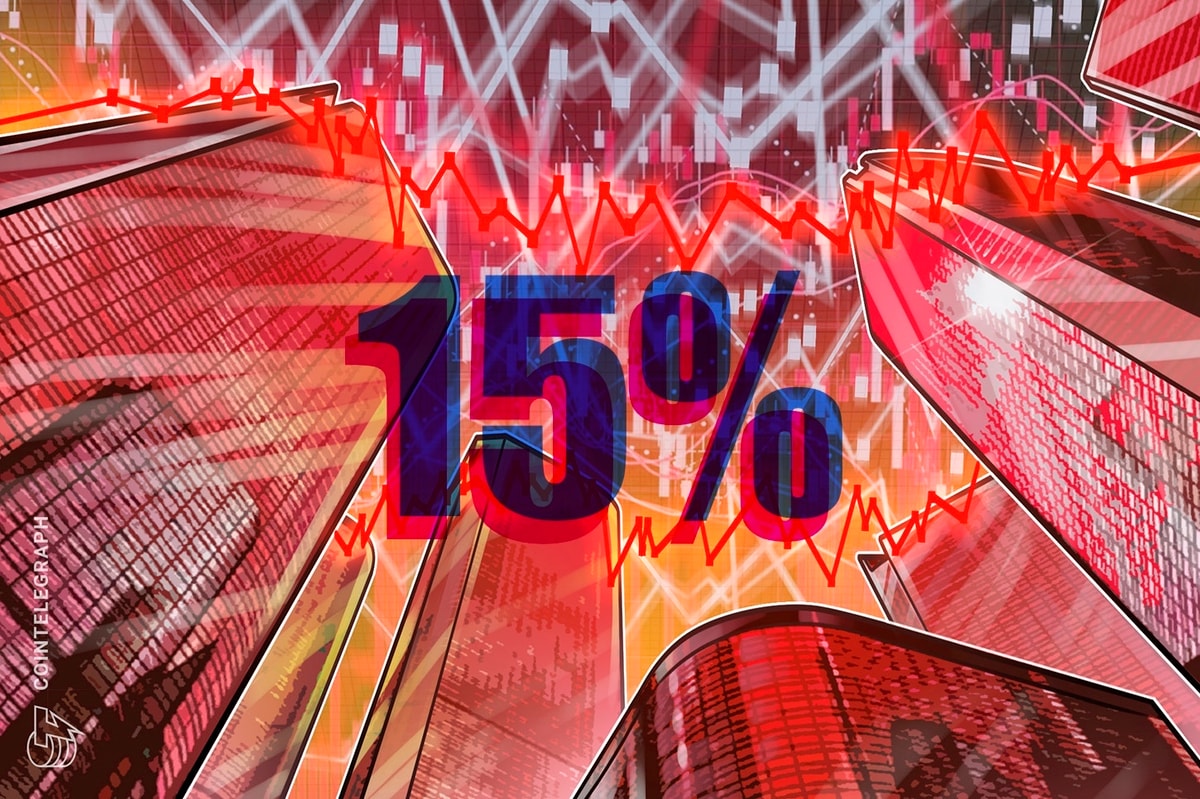
Japan’s top securities regulator has issued a formal warning to cryptocurrency exchange Binance that it needs to comply with licensing requirements in order to continue operations.
The news, which the Financial Services Agency (FSA) published in a statement on Friday, March 23, 2018, confirms earlier rumors reported by news outlet Nikkei that an FSA warning was forthcoming, given the exchange was already operating in the country without a license.
Binance CEO Changpeng Zhao initially took to Twitter to deny those rumors, accusing Nikkei of “irresponsible journalism.” He stated Binance was in communication with the FSA. “It does not make sense for JFSA to tell a newspaper before telling us, while we have an active dialog going on with them.”
But after the FSA warning became public, he tweeted, “We received a simple letter from JFSA about an hour ago. Our lawyers called JFSA immediately, and will find a solution.” In an attempt to quell customer concerns, he later tweeted, “No need to worry. Some negative news often turn out to be positive in the long term.”
Binance, which is based in Hong Kong, had been expanding its operations into Japan, employing several staff in the country. At the same time, according to Nikkei, the exchange was failing to perform proper identity checks on Japanese investors when they opened their accounts on the exchange. It is likely many of those investors were lured to Binance from domestic exchanges by the lower fees offered on the exchange.
In 2017, Japan became one of the first countries to regulate cryptocurrency exchanges when it set up a licensing system. Now, only cryptocurrency exchanges that are licensed by the FSA or have licenses pending are allowed to operate in the country.
Following an incident earlier this year where $530 million worth of NEM tokens were stolen from Tokyo exchange Coincheck due to lax security measures, the FSA doubled down its oversight. Earlier this month, the FSA penalized seven exchanges due to their failure to provide proper internal control systems.
So far, Japan has 16 licensed cryptocurrency exchanges. Next month, those exchanges plan to form a self-regulating body that will work with the FSA to establish and enforce best practices within the industry, including setting up guidelines for ICOs.
Launched in summer 2017, Binance raised money for its operations by issuing its own initial coin offering (ICO). It has since grown to become one of the busiest exchanges with a 24-hour trading volume of $1.9 billion. Binance lists 118 actively trading coins but does not support fiat pairs. Instead, it supports tether (USDT), a stable coin pegged to the dollar.
Recently, Binance announced plans to launch its own public blockchain to serve as the foundation for a decentralized exchange dubbed Binance Chain.
According to Bloomberg, Binance has plans to move its staff to Malta in order to avoid clashing with regulators.
Correction: March 23, 6:30 pm EST, Binance currently lists 118 actively trading coins, not 287 as stated in a previous version of this story. According to CoinMarketCap, the exchange has 287 trading pairs.










